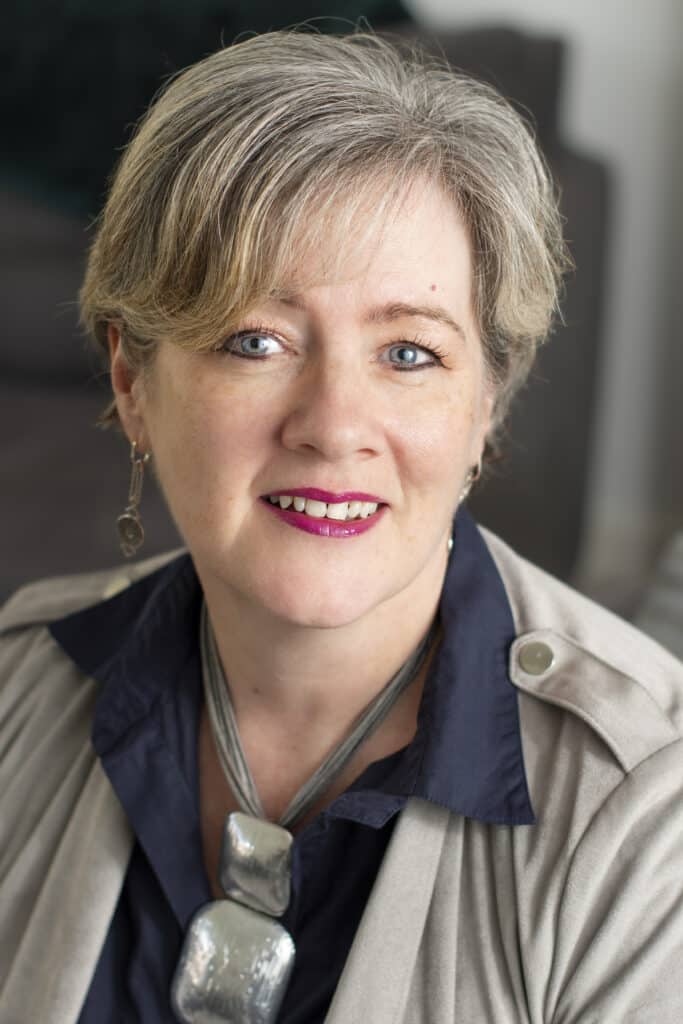If you know me, you will know that I am not always the loudest in the room. I like to sit back, observe, take things in. But give me a subject I care about – coaching, leadership, true embedded learning, ethics, the messiness of human growth – and I am all in. This is one of those subjects. So buckle up, grab a drink and join me as we explore what it means to grow as a coach, not in theory, but in the muddy, vulnerable, transformative terrain of observed practice.
Table of Contents
Why the Mud Matters
In the world of professional coaching, the International Coaching Federation (ICF) sets a high bar. Rightly so. Their final performance evaluation is not a box-ticking exercise; it is a meaningful process designed to ensure that coaches are not just technically competent, but ethically grounded and fully present in service of their clients. In order to get to this Final stage, all coaches need to have completed 10-hours of mentor coaching – and this is where we come in.
At Sandown Business School, we have built our Mentor Coaching programme with this same ethos in mind. We offer group sessions that journey through the ICF competencies, culminating in a rich exploration of ethics and mindset. Interestingly, this final session really brings the competencies to life – coaches start connecting the dots between professional standards and personal values. They start to ask, ‘What does this mean for me?’ ‘What does this mean for my coaching practice?’ And that, for me, is the heart of the work – the coach developing their coaching signature.

The Mirror, Up Close
If you have ever walked a muddy field, you will know there is no way you can stay clean. Your boots sink. You slip a little. You get up. You learn where to place your feet. This is exactly what happens in our 1:1 mentor coaching sessions. It is in those moments where coach recordings are observed, reflected on and met with compassionate scrutiny, that brings everything to the surface.
No Judgment, Just Data
In every one-to-one session, I work hard (and those we have trained to be SBS Mentor Coaches) to create a space that is grounded in safety and absence of judgment. This is a guiding principle of NLP and a core belief in how I approach mentor coaching. I am not here to critique you. I am here to reflect on what I see, ask what you notice and support you to connect with your own insights as you start to see yourself in your coaching.
And yet it is fascinating to witness the different ways this invitation is received. Some students arrive fully present, ready to learn. They are curious, open and willing to stretch. They see the session as data for their growth, not about whether they are ‘good’ or ‘bad,’ but about what is happening, what is possible and how they can grow. They know this is not an evaluation of their worth; it is an exploration of their practice. And then, there are those who find this process deeply uncomfortable and their response can look very different…
The Fragility at the Edges
Some coaches arrive in defensive mode. Anything I say is met with resistance—sometimes tearful, sometimes sharp, sometimes silent but always their internal nervous system heightened as they perceive this experience as a threat. They cannot help but get in their own way of their development. They start fighting with the process, with their videos, with their coaching – and of course that is absolutely their choice to do so. But I am always curious: What is it about being seen—really seen—that often causes us to pull away?
Because this is the truth: being observed can feel deeply exposing. It brings up all the noise in our heads about whether we are good enough, smart enough, ready enough, strong enough and at the core ‘Am I enough?’. But the irony is that it is precisely through this kind of encounter—this muddy moment—that I have found the most meaningful growth takes place.
I often wonder why we can feel so fragile at our edges. What has happened in our culture that being challenged, being observed, being asked to reflect, can so easily feel like a threat, rather than an invitation? We live in a world that moves fast and reacts even faster. It does not always reward pause, or nuance, or the kind of learning that unfolds quietly over time. In some spaces, especially online, vulnerability can be misread, even weaponised. And so we start to guard ourselves, even in places that are meant to be safe. But it is exactly for this reason that we must keep creating those quieter, braver spaces – where being seen is not something to fear, but something to grow from.
But that is exactly why we need spaces where it is safe to bring our muddy boots.

Safe Enough to Be Real
- So where are we safe enough to be real?
- Where do we go to reflect without performance?
- Where can we bring the parts of ourselves that are still learning?
- Where can our egos take a breather and our curiosity take the lead?
For me, mentor coaching is not just about the ICF competencies. It is about creating these kinds of spaces, where it is okay to be unsure, to be messy, to not have all the answers. It is about learning in real time, in real relationship and in real discomfort – let’s embrace being safely uncomfortable!
- That is where the muscle of reflection is built.
- That is where our presence deepens.
- That is where we start becoming the coaches we hope to be.
And yes, sometimes an individual will send a reactive email – but that is more about their dysregulation than the content of our session. Reactions happen. But I still will continue to build and hold the space where wider questions can be addressed:
- Can we bring our muddy boots without the sword?
- Can we capture our willingness to grow—rather than carry around a shield to defend ourselves?
- Can we learn to welcome feedback/feedforward not as a verdict on who we are – but as an offering on what we have done?
Because when we do—when we choose learning over the protected image we hold of ourselves, we begin to unlock something extraordinary.

From First Five Minutes to Lasting Change: Mentor Coaching in Action
Whenever I am working with our students and external coaches, it is often in the first five minutes of any recording I am reviewing, I can see how the whole coaching session will go:
- Is the coach settled?
- Is the coach present, or scattered?
- Is the coach connecting with their client, or rushing past rapport to “get things done”?
- Is the coach contracting clearly, or skipping that crucial step?
You can hear it. You can see it. You can feel it.
There are also clear markers: too much small talk, an unclear agenda, a client unsure of the purpose of the session, unclear contracting, coach not present to just name a few. These are not failings—they are flags. They are points of attention that, when named kindly and explored together, can become powerful leverage for growth. And when a coach leans in—when they say, ‘Yes, I can see that. Let us work with it’, the session becomes gold.
That is the muddy boots moment. It is hard. It is honest. It is where real transformation happens.
The Invitation
Recently, someone said to me, ‘I find these spaces hard because I am not used to people exploring how I am doing without judgment. I am not actually sure I am used to someone caring!’
That has stuck with me. And that is the invitation I want to extend.
To coaches who want to dig into their practice—not just polish it.
To coaches who are willing to get uncomfortable, because they know that is where the gold is.
To coaches who are ready to be real, and who want spaces where that realness is met with healthy challenge, meaningful connection and a genuine intention to grow your practice.
Not all training offers this. Some programmes meet the technical requirements, but offer little space for who you are becoming. You show up, tick the box, move on, without ever truly being seen.
That is not what we offer. At SBS, our work is relational, reflective and rigorously human. It meets you where you are—and helps you walk forward, boots muddy and all.
This is us – here at Sandown Business School. We work with: Muddy Boots; Open hearts; and those ready to work on all that is behind the eyes!
If this resonates—if something in you recognises yourself in these words— we would love to hear from you. Come with your boots on. Let us walk together.

Pheona Croom-Johnson
Co-Founder and Academic Director of Sandown Business School. She has been in the OD field for over 35 years, partnering with Coaches, C-Suite and Senior Leaders.
Pheona is a triple credentialed Master Coach (ICF, EMCC, AC), Master NLP Trainer, Team Coach Supervisor (ACTC, ICF) and credentialed Supervisor (ESIA, EMCC), IFS Trained therapist (Level 1) with psychological foundations and training (BPS). She has an MA in Psychological Coaching and an MSc in Psychology of Change Agency.
Get in touch to find out more about coaching, leadership and/or supervision.
Share this article:





